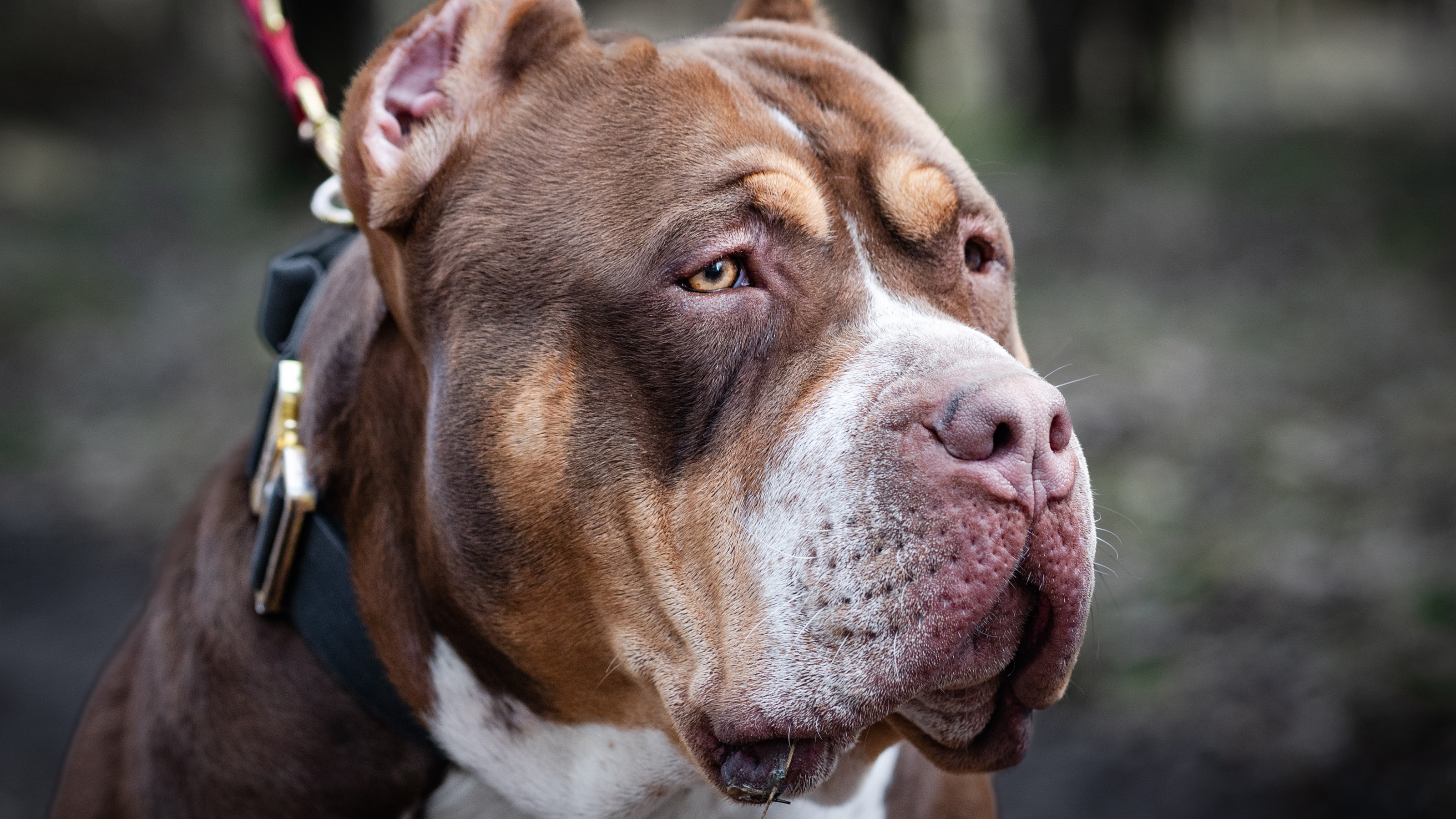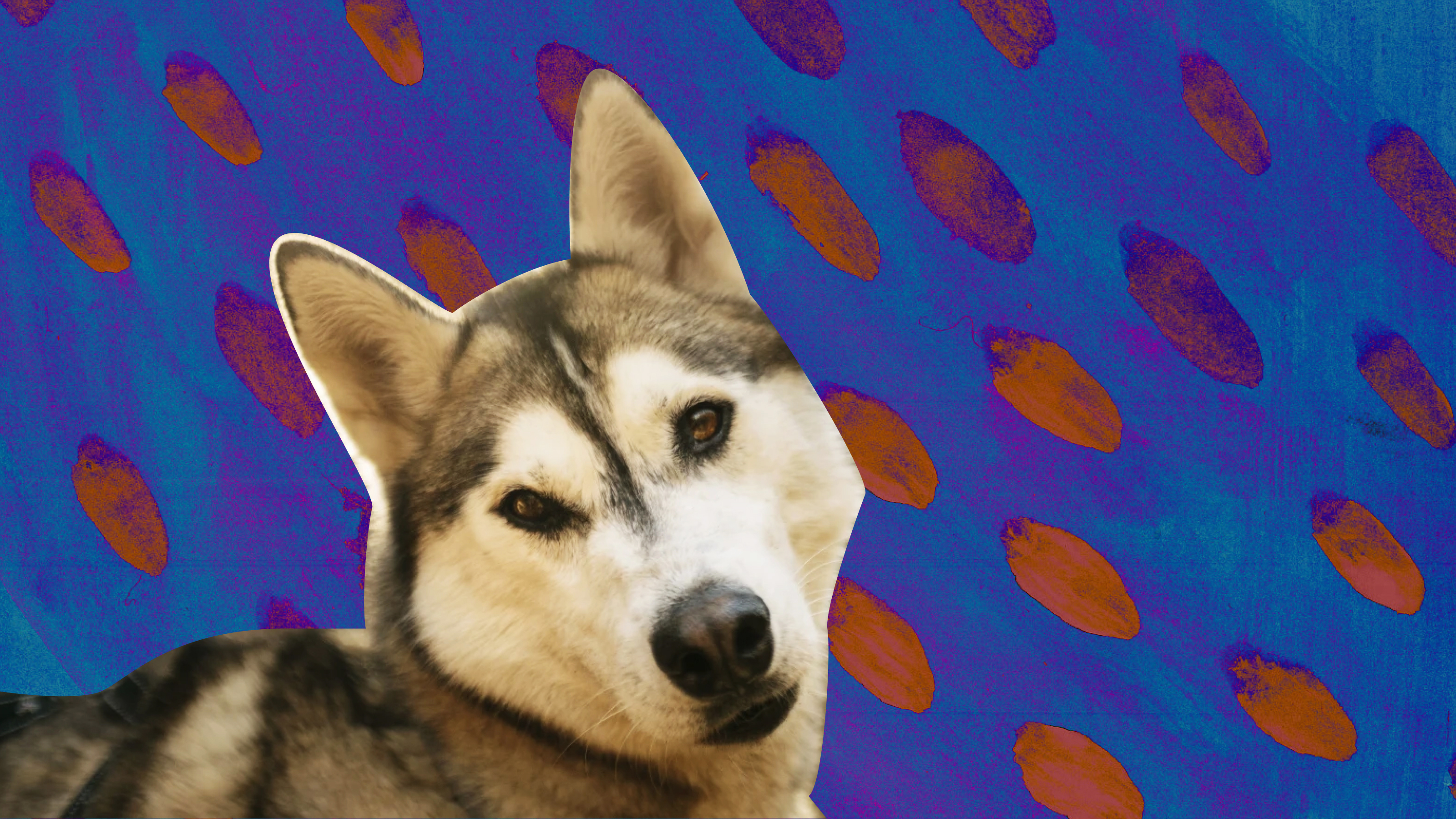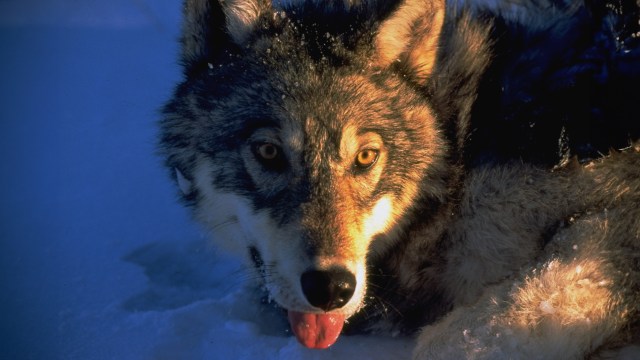Top vets urge dog lovers to stop buying pugs and bulldogs

- Pugs, Frenchies, boxers, shih-tzus and other flat-faced dog breeds have been popular for many years.
- Higher visibility (usually in a celebrity's handbag), an increase in city living (smaller dogs for smaller homes), and possibly even the fine acting of Frank the Pug in 1997's Men in Black may be to blame.
- These small, specialty pure breeds are seen as the epitome of cuteness. In reality, they are "anatomical disasters" due to debilitating genetic mutations.
So what’s their cutest feature? Is it their squashy little faces? Their grunting pants? Their double-curled tails?
That coiled tail is possibly less endearing when you know it’s a purpose-bred genetic defect, which in its most serious forms leads to paralysis. And their squished noses? That’s been selectively bred to become ever shorter and smaller, making it difficult for the dogs to breathe and eat, causing trickle down effects like cardiovascular stress, eye prolapses, overheating (dogs don’t sweat, so they need to pant to expel heat through evaporation), weight gain because of that sedentary overheated lifestyle, dental crowding, soft palate collapse, and skinfold dermatitis. More of an “anatomical disaster” than the patron saint of cuteness.
Despite performing corrective surgeries and designing pain treatment plans for these dogs, veterinarians don’t often speak up about the unethical nature of buying and creating demand for genetically impaired dogs for one simple reason: It’s bad for business. “If I stood up and told the truth about these breeds,” says an anonymous vet to The Guardian, “I would immediately alienate [their owners] and they would up sticks and move to the neighboring practice where the vet was not as outspoken. Vets in general practice simply cannot afford to be honest and to speak out.”
Perturbed by pugs
The British Veterinary Association (BVA), which represents vets across the UK, is in a better position to do so. It has made several statements this year on the breeding and buying practices of brachycephalic dogs, expressing the trend as a concern in dog health and welfare. “The surge in popularity of these dogs has increased animal suffering and resulted in unwell pets for owners, so we strongly encourage people to think about choosing a healthier breed or crossbreed instead,” Sean Wensley, president of the BVA, says to The Guardian.
Mixed breed dogs are said to be much healthier than pure bred dogs, a claim that is contested by dog breeders, but a study from 2013 inserts some much-needed data into an argument that is skewed by passion and profit. Using medical records from more than 27,000 dogs and comparing the incidence of 24 genetic disorders in mixed versus pure bred dogs, the researchers found that 10 of those genetic disorders had a significantly higher incidence among pure bred dogs, and just one was greater among mixed breeds. For the remaining disorders, the incidence was fairly even in both groups.
Funny looks, serious problems
Why has this peculiar set of physical traits become so popular in dogs — and for that matter, in cats? While dogs are America’s #1 pet, cats are arguably more famous in the digital world. Two of the most viral cat celebrities with millions of fans were Lil Bub (who died at age 8) and Grumpy Cat (who died at age 7).
Why were they so cute and famous? Because they had health problems. Lil Bub was the runt of her litter and had a tongue that always hung out of her mouth because of her abnormally short lower jaw and toothlessness. She also had serious osteoporosis and was medicated for it. Lil Bub eventually died from a bone infection. Grumpy Cat had feline dwarfism and an underbite, which caused her famous frown. She succumbed to complications of a urinary tract infection.
If you look at Bored Panda’s list of the most famous internet cats, many of them have disabilities or genetic mutations such as vision impairment (Honey Bee), a missing nasal bridge (Monty the Cat), and a cleft palate (Lazarus the Vampire Cat). There is a big ethical difference, however, in loving an animal with a debilitating genetic mutation and intentionally breeding animals to have more of them.
Among domesticated pets, there is an increasing fetishization of the weird. Ugly is cute, and deformed is unique. This is the new Victorian freak show — and we love them so.

![a photo of a [dog breed] on a pink background.](https://bigthink.com/wp-content/uploads/2022/04/dog2.jpg)



